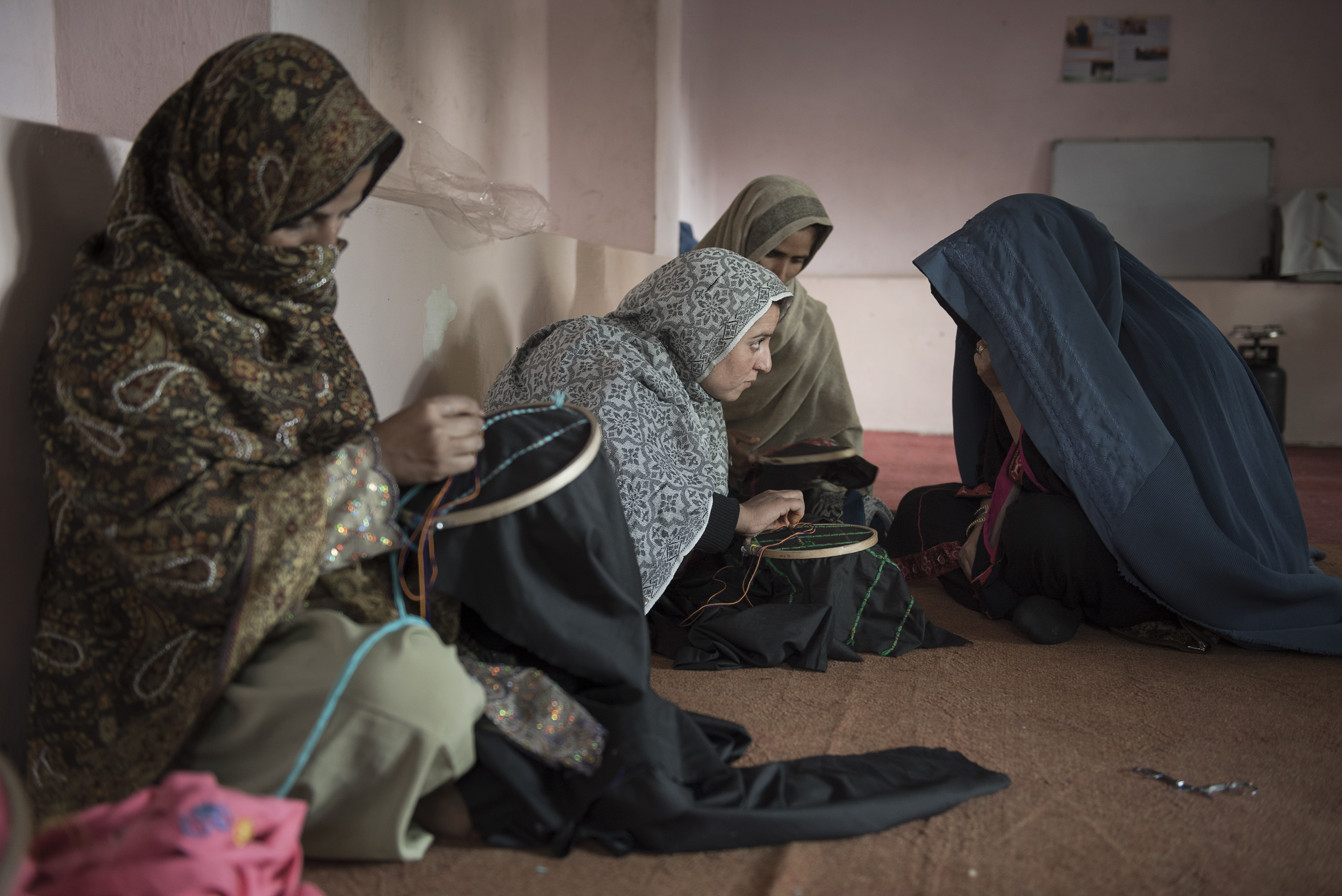
Women
Women in Afghanistan face numerous challenges and restrictions, especially in terms of education, health, work, and their personal freedoms. Since the early days of SCA’s presence in Afghanistan, the organisation has been working to empower women and give them better access to basic services.
Health:
Thousands of women in Afghanistan lose their lives every year while giving birth, according to the UN. To combat maternal and infant mortality, SCA has trained hundreds of midwives and nurses from remote areas over the last 20 years.
In 2022, SCA recorded almost 1,4 million visits by women to its healthcare facilities.
SCA educates women about health, hygiene, and reproductive health.
Education:
Millions of children in Afghanistan do not have access to education and a majority of them are girls. Since the 1980s, SCA has been providing education in Afghanistan, with a special focus on girls in rural villages where no other schools are available.
In 2022, 130 000 children were enrolled in SCA schools, 65 percent of them girls.
Since the change of government in 2021, girls have largely been excluded from education above grade 6. SCA is gravely concerned about the restrictions, which will have severe consequences for the future development of the country.
Economic empowerment:
A woman’s position in her family and society is strengthened when she gets her own income. To empower women financially, SCA provides vocational training as well as loans and business support through saving and producer groups. 97 000 women received such support in 2022.